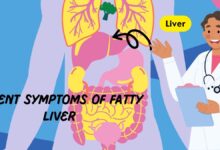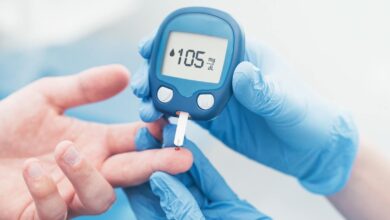Exploring the Effects of Chronic Depression and Finding Solutions
Our existence is shaped by the ups and downs that make up the fabric of life. These ups and downs might seem unduly biased toward the latter for those who are dealing with persistent depression. Chronic depression, also known as persistent depressive disorder (PDD), is a mental health illness characterized by persistent gloomy thoughts and emotions as well as a loss of interest in routine tasks.Let’s investigate chronic depression’s depths and its tremendous effects on our lives.
Knowledge of Chronic Depression
The lasting character of chronic depression sets it apart from episodic depression. While episodic sadness may only last a short while, chronic depression lasts much longer—often two years or more. Its pervasive hold on a person’s life may be overpowering, negatively impacting their mental health, interpersonal connections, productivity at work, and general quality of life.
Impact on Way of Life:
Emotional Well-Being: People may have a constant sensation of despair, emptiness, or approaching doom. These emotional challenges might make it difficult to maintain good relationships and partake in once-joyful activities.
Physical Well-Being: You can experience weariness, hunger changes, sleep difficulties, and persistent discomfort. Self-care practices like regular exercise and wholesome nutrition may become taxing chores.
Relationships: Isolation, anger, and the inability to communicate one’s feelings may cause a person to feel distant from their loved ones. It is imperative that those who are impacted and their support systems promote open communication and look for expert advice.
Work and Productivity: People may struggle to meet deadlines, take numerous sick days, or feel unappreciated in their jobs.
Given what chronic depression is and its effects, it is crucial to look into strategies to end this cycle and foster improved wellbeing.Although every person’s path is different, the following generic techniques might be helpful:
Seek care from mental health specialists who may provide advice and therapies suited to your needs if persistent sadness continues to plague you.
Engage in activities that advance your physical and mental wellbeing as part of self-care. Regular physical activity, mindfulness exercises, and interests may all assist to lower stress and promote happy feelings.
Develop gratitude:actively concentrate on the good things in life. The brain has been found to change its wiring when gratitude is practiced, leading to more optimistic thought patterns.
Create a network of support:Be in the company of upbeat, encouraging people who can support and inspire you emotionally.
Challenge negative ideas: Develop the ability to recognize, confront, and replace negative thinking with more realistic and uplifting alternatives.
Keep in mind that recovery from persistent depression requires time and commitment. You may have a beneficial impact on your brain and lay the groundwork for long-lasting pleasure and fulfillment by taking care of your mental health.







